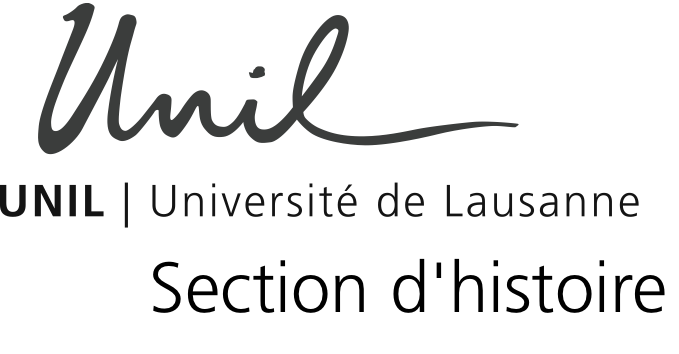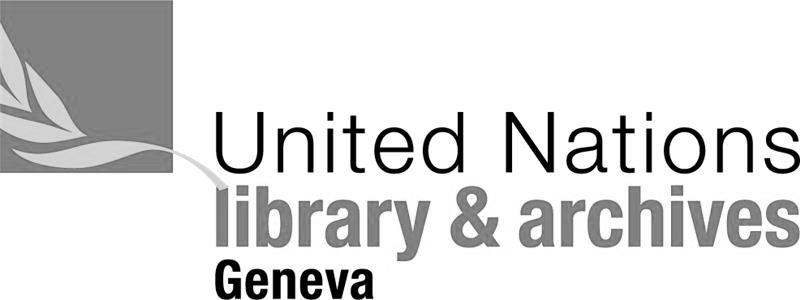
INTELLECTUAL
COOPERATION
| Homepage |
| THE BOOK |
| The book (2025) |
| Chapters |
| CENTENARY CONFERENCE |
| The 2022 conference |
| Book of abstracts |
| RESOURCES |
| Archives |
| Bibliography |
| ABOUT |
| About this website |


Projects
This page presents completed or ongoing projects concerning intellectual cooperation. Contact us if you want your project to appear here.
Current projects
Mapping Hispanic Modernity. Cross-border Literary Networks and Cultural Mediators (1908-1939)
Diana Roig Sanz (Universitat Oberta de Catalunya, ES)
This project sets the grounds for a new approach exploring transnational processes of cultural transformation. To do so, we propose an innovative investigation in modernist studies: the impact of Hispanic cultural mediators in international modernity during the first half of the twentieth century. Our aim is to amend the fact that literature on aesthetic modernity tends to overlook Hispanic modernism and keeps locating it on the peripheries. However, from the 1900s onwards, Hispanic mediators participated in the cultural arena and took an active part in intercultural and multilingual networks. This project argues that these networks enabled Hispanic mediators to play a prominent role in the international scene, helping them revitalize both Europe and their local milieu. This project understands cultural mediators as agents who meet at least two main parameters: multilingualism, on the one hand, and the performance of numerous activities and roles across linguistic, artistic, and geographical borders on the other.
Learning to be international: British children and the League of Nations
Susannah Wright (Oxford Brookes, UK) and Tomás Irish (Swansea University, UK)
This project explores the engagement of British children with international politics in the interwar years. It does so by focusing on the ways that the League of Nations sought to interest children in its work through formal education, pageantry, the establishment of junior branches and youth groups, and international travel. As we approach the centenary of its establishment in 1920, the League is being reassessed; however, little is known of its significant efforts to mobilize children to its cause, nor have many studies sought to investigate its activities at a ‘grass roots’ level. This project takes a number of regional case studies from around Britain to explore the interactions of children with internationalism.
Feeding the Mind: Humanitarianism and the Reconstruction of European Intellectual Life, 1919-1933
Tomás Irish (Swansea University, UK)
Tomás Irish is currently completing a monograph called Feeding the Mind: Humanitarianism and the Reconstruction of European Intellectual Life, 1919-1933, for Cambridge University Press. The book is about the rebuilding of European cultural and intellectual life following the violence of the First World War. The Great War and the conflicts that followed it in the early 1920s left intellectual life in ruins in many countries; sites of cultural value, such as libraries, schools, and churches, were destroyed in fighting; writers, teachers and artists were killed in battle and many others were displaced by rapidly shifting fronts; and the international exchange of people and ideas broke down. The conditions caused by warfare also posed a grave threat to life: famine and epidemic were rife in central and eastern Europe by 1919 and the Bolshevik Revolution and Russian Civil War led to a refugee crisis, while hyperinflation gripped countries like Germany and Austria. These events put millions of lives in Europe at risk and led to an unprecedented humanitarian effort to save lives. This book details how the reconstruction of intellectual life formed a conscious and crucial part of this broader effort. Feeding the Mind explores why, in the aftermath of the Great War, ideas and intellectuals were deemed to be worth saving, sometimes above or indeed instead of the general population. It focuses on the work of the League of Nations International Committee on Intellectual Cooperation, American foundations, humanitarian organisations and committees, and intellectual networks in exploring how and why intellectual life was rebuilt. The book argues that this process tells us much about not only who intellectuals were in inter-war Europe, but what function they were expected to perform in bolstering democracy and upholding peace and stability in the post-war era.
At the source of multilateralism: The birth of an international administration in the interwar period
Martin Grandjean (University of Lausanne, CH)
Swiss National Science Foundation 194909
Autour de la conférence sur le désarmement (1932-33) : les aspirations transnationales en faveur d’un désarmement moral dans le cadre de la SDN et de l’IICI (années 1930)
Chloé Maurel
Pensée et élaborée dès 1926, dans le contexte des aspirations pacifistes des Européens dans l’entre-deux-guerres, la « Conférence pour la réduction et la limitation des armements » de 1932-1934 a été organisée par la Société des Nations (SDN) en collaboration avec les Etats-Unis et l’URSS, Elle s’est tenue à Genève en public et a été présidée par l’homme politique britannique Arthur Henderson. Elle a été marquée notamment par la proposition de l’URSS d’effectuer un désarmement général, et par le départ du Japon en mars 1933 et de l’Allemagne nazie en octobre 1933. Plus de 60 pays ont néanmoins participé à cette conférence, c’est-à-dire l’essentiel des pays existant à cette époque. Les Etats-Unis ont aussi participé, proposant un plan original, distinguant les armes « offensives » et « défensives », et préconisant l’interdiction des armes offensives. Avec le retrait de l’Allemagne et du Japon, beaucoup d’observateurs ont jugé que la conférence du désarmement était vouée à l’échec. Cependant, l’analyse de sources nouvelles permet d’élargir la perspective en étudiant l’ensemble des efforts en vue d’un « désarmement moral » menés dans le cadre de l’Institut international de coopération intellectuelle (IICI) durant les années 1930.
L’analyse de publications de l’époque (voir références), et de documents d’archives de l’IICI, permet d’apporter des nouveaux éléments sur cette histoire, et de retracer les différents efforts en vue du désarmement moral menés, de manière transnationale, dans les années 1930. Ainsi, le rapport du Directeur de la CICI en 1933, récapitule les efforts menés et montre que cela illustre l’aspiration à la compréhension internationale . Ce qui est remarquable aussi est la participation d’étudiants de différents pays à des réflexions en vue d’un désarmement moral. Les représentants des organisations internationales d’étudiants se sont réunis en conférence de 1931 à 1933 pour contribuer à cet objectif pacifiste . Enfin, l’IICI et plus largement la SDN ont suscité un échange transnational de conférenciers sur la question du désarmement durant ces années, au cœur des périls et des tensions internationales de l’entre-deux-guerres .
Ainsi, ce projet de recherche, qui s’inscrit dans le champ de l’histoire transnationale et de l’histoire des organisations internationales, vise à s’interroger sur les circulations intellectuelles qui se sont déployées dans l’Europe et le monde de l’entre-deux-guerres au moyen de l’IICI et de la SDN, permettant ainsi une pacification des esprits, notamment des jeunes, dans un contexte marqué par la montée des périls et des totalitarismes. Cet effort sera repris au lendemain de la Seconde Guerre mondiale par l’ONU et l’Unesco et aboutira à plusieurs traités et des conférences, dont il est intéressant de retracer la généalogie sur le temps long du XXe siècle.
Past projects
The international scientific and intellectual cooperation during the interwar: the ICIC and the Davos university courses
François Vallotton (University of Lausanne, CH) and Martin Grandjean (University of Lausanne, CH)
Swiss National Science Foundation 144552